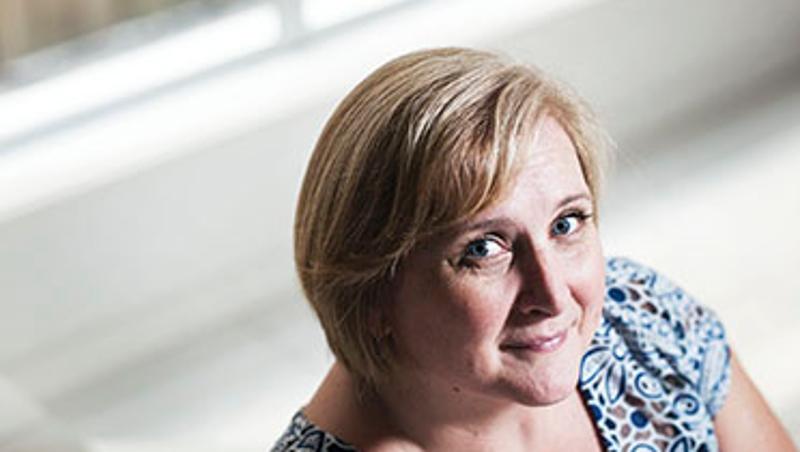
People with dementia don't wander into harms way as often as carers and family fear, with a new QUT study finding wandering out of bounds and into a person's private space occurs only five per cent of the time in residential aged care.
Dr Margaret MacAndrew, from QUT's School of Nursing, has looked at one element of wandering by people with dementia in residential care facilities focusing on transgressing into out-of-bounds and potentially hazardous areas, such as another resident's bedroom.
"Anecdotal evidence suggests families and carers of people with dementia believe the intrusions into private space during wandering, or boundary transgression, is happening almost all the time, is associated with frequent physical and verbal abuse, and is very difficult to manage," she said.
"What my study shows is there is a significant disparity between what staff and families think is happening and what is actually happening."
Dr MacAndrew said after intensively observing seven residents with dementia who were known to wander, the intrusion into staff designated out-of-bounds areas and other residents' rooms occurred less frequently (5 per cent) than was suggested by staff and family.
"While this is good news, the biggest concern raised by staff and families about wandering-related boundary transgression is the risk to residents' personal safety," she said.
"Wandering out of bounds is seen as dangerous and risky because it most commonly results in an intrusion into another resident's personal space or room.
"This intrusion can and does lead to resident-on-resident violence if the room is occupied at the time, even though the person usually does not touch or take things, use the chair or bed, or talk to the other resident."
Dr MacAndrew said the problem was how to provide a safe, yet free, environment in residential aged care facilities for highly mobile residents who wander, get lost and were unable to locate their own rooms or sit down and rest.
"Physically and chemically restraining people is an unacceptable option. Locking doors seems the one obvious option but that has its own issues with concerns about compromising the dignity and autonomy of residents," she said.
"What my study has revealed is a way to identify which residents may be most at risk of the type of wandering that creates tension and when and where it is most likely to occur.
"My results show wandering out of bounds is more likely to occur in residents who are more mobile and who have more random patterns of walking, for example they are less able to walk from point A to point B without diversion.
"We also know the time of highest potential for intrusion is during a person's peak activity periods, which are highly individual.
"The pressure for staff particularly occurs when they are caring for a number of residents who express this excessive walking and getting lost behavior and may have overlapping peak activity periods.
"So we need to be looking for innovative ways to better manage this behaviour and reduce the risk and threat to residents' personal safety."
By highlighting the reality of when and where wandering-related boundary transgression occurs, Dr MacAndrew is now looking at developing an intervention program.
She has recently received a fellowship from the Dementia Collaborative Research Centre: Carers and Consumers, to pilot a program using walking supervisors in a bid to provide additional exercise and interest and help reduce the risk and harm associated with wandering.
"Dementia-related wandering is a very common behaviour that carers find troubling and difficult to manage," she said
"With one in 10 Australians over 65 having dementia and the number of new cases tipped to increase in the future, it is vital that we look for ways to manage the risks associated with wandering."
Dr MacAndrew's PhD study has been supported by the Dementia Collaborative Research Centre and an Australian Postgraduate Award scholarship. Her thesis is available here http://eprints.qut.edu.au/78569/.
Media contact:
Sandra Hutchinson, QUT Media (Tue, Wed), 07 3138 9449 or media@qut.edu.au
After hours, Rose Trapnell, 0407 585 901




